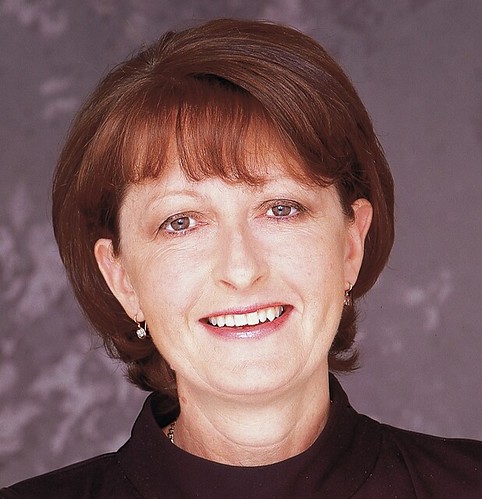When I hear the words 'going overseas for surgery', it's would-be buxom wenches heading to Bangkok for a cheap boob job, or forty-somethings trying to turn back the clock, that come to mind.
But a recent NEJM article entitled 'America's new refugees - Seeking affordable surgery offshore' has little in common with what's come to be known as 'medical tourism'.
Instead, this latest and growing phenomenon concerns middle-income Americans who simply can't afford necessary surgery in their own country. A case described in the journal tells the story best.
Howard Staab, a self-employed, uninsured, middle-aged carpenter from urban North Carolina, needed surgery for an acute mitral valve prolapse. The problem was he didn't have US$200,000, the figure quoted by his nearest regional hospital for the repair, nor the 50% up-front deposit required.
And little wonder he didn't have health insurance.
For the first time, 2006 has seen the average health care costs for a family of four, including insurance and out-of-pocket expenses, exceed the entire annual wage of a low-income worker in the US, according to the NEJM, which also noted, seemingly without irony that: 'A sympathetic hospital employee suggested that if the patient allowed his condition to deteriorate to a life-threatening emergency, the hospital would be compelled to provide the surgery and would afterward pursue debt collection".
Shopping around got the price down to $40, 000 at a Texan hospital, but this still meant Staab selling his home, so his medical student son investigated the overseas option. He found a cardiovascular surgeon and New York University graduate, Naresh Trehan, who was practicing at a new, private hospital in New Delhi.
No prizes for guessing the procedure went ahead at a fraction of the cost. Staab paid just US$6,700 in medical costs and his wife describes her family's care at US hospitals as far worse than that her husband received in New Delhi.
In the words of the NEJM authors, "offshore surgery .... is a symptom of, not a solution to, our affordability problem".
And we reckon our health system's bad.
But a recent NEJM article entitled 'America's new refugees - Seeking affordable surgery offshore' has little in common with what's come to be known as 'medical tourism'.
Instead, this latest and growing phenomenon concerns middle-income Americans who simply can't afford necessary surgery in their own country. A case described in the journal tells the story best.
Howard Staab, a self-employed, uninsured, middle-aged carpenter from urban North Carolina, needed surgery for an acute mitral valve prolapse. The problem was he didn't have US$200,000, the figure quoted by his nearest regional hospital for the repair, nor the 50% up-front deposit required.
And little wonder he didn't have health insurance.
For the first time, 2006 has seen the average health care costs for a family of four, including insurance and out-of-pocket expenses, exceed the entire annual wage of a low-income worker in the US, according to the NEJM, which also noted, seemingly without irony that: 'A sympathetic hospital employee suggested that if the patient allowed his condition to deteriorate to a life-threatening emergency, the hospital would be compelled to provide the surgery and would afterward pursue debt collection".
Shopping around got the price down to $40, 000 at a Texan hospital, but this still meant Staab selling his home, so his medical student son investigated the overseas option. He found a cardiovascular surgeon and New York University graduate, Naresh Trehan, who was practicing at a new, private hospital in New Delhi.
No prizes for guessing the procedure went ahead at a fraction of the cost. Staab paid just US$6,700 in medical costs and his wife describes her family's care at US hospitals as far worse than that her husband received in New Delhi.
In the words of the NEJM authors, "offshore surgery .... is a symptom of, not a solution to, our affordability problem".
And we reckon our health system's bad.


1 Comments:
When I hear the words 'going overseas for surgery', it's would-be buxom wenches heading to Bangkok for a cheap boob job, or forty-somethings trying to turn back the clock, that come to mind.
But a recent NEJM article entitled 'America's new refugees - Seeking affordable surgery offshore' has little in common with what's come to be known as 'medical tourism'.
Here here! Thanks for catching the difference. Maggi
Post a Comment
<< Home